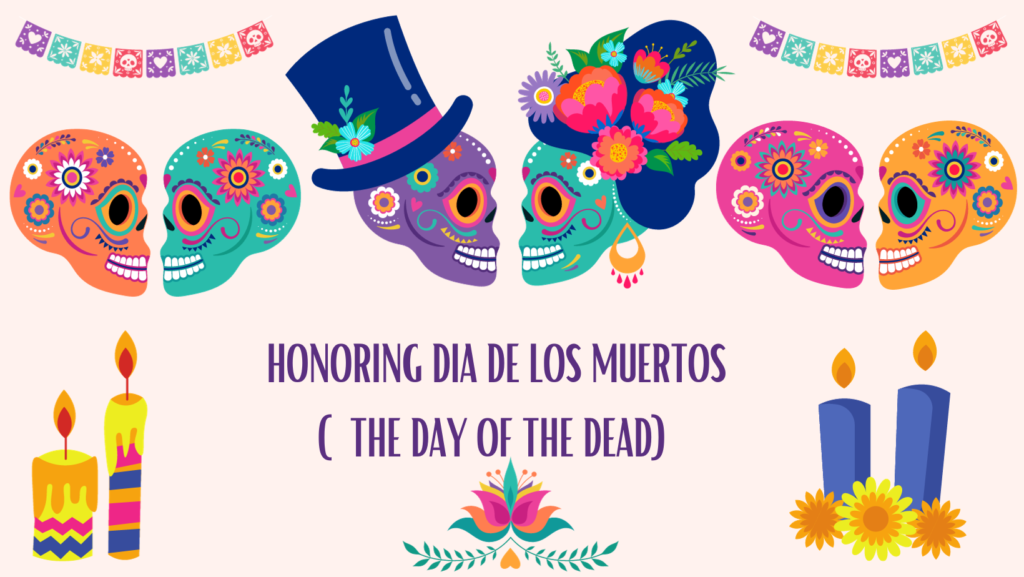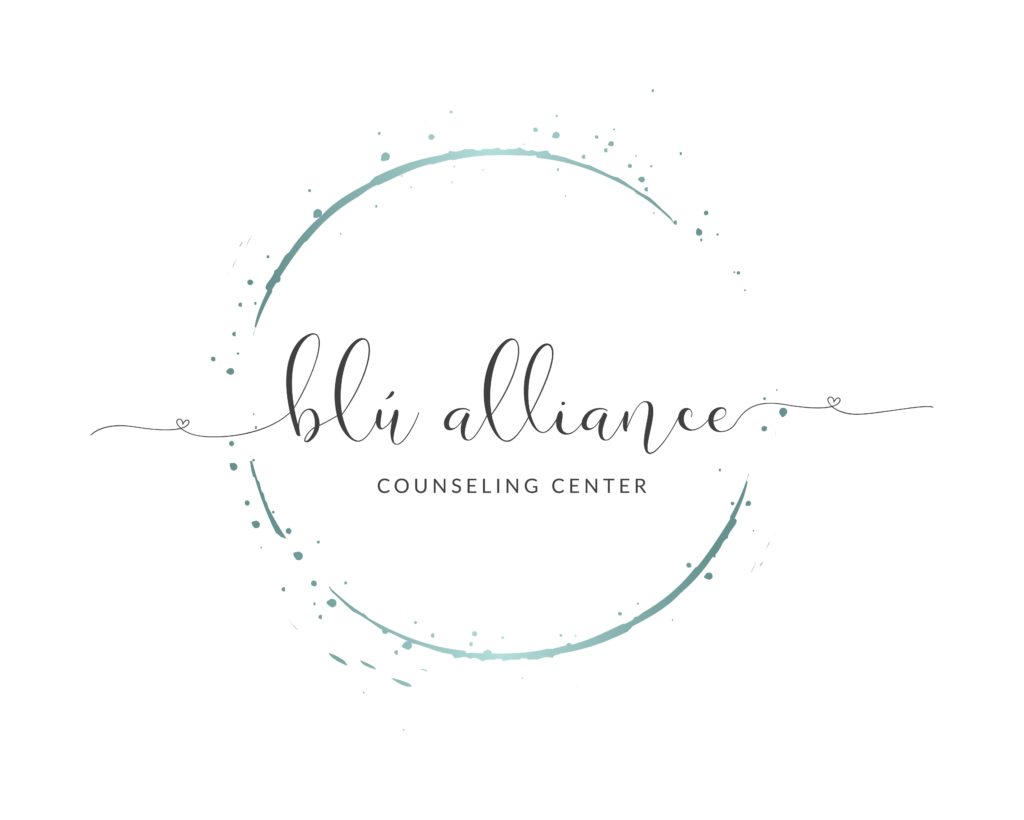
Greetings to all! At Blu Alliance, the start of November holds a special place in our hearts. It’s the time when we, along with our fellow Latinx community members, commemorate Día de los Muertos on November 1st and 2nd. Being a Latinx gay male, this season allows me to deeply resonate with and celebrate my Mexican heritage.
Dia de Muertos: A Celebration of Life and a Suport for Mental Health
The rich tapestry of cultural celebrations worldwide offers various means to cope, heal, and connect. One such celebration, rooted deep in the heart of Mexican tradition, is Dia de Muertos, which is also known as Day of the Dead. Far from the somber tones its name might suggest, Dia de Muertos provides a pathway to mental well-being and a vibrant affirmation of life in the face of death.
Understanding Dia de Muertos
Dia de Muertos finds its origins in ancient indigenous traditions, with over 3,000 years of history. Celebrated from October 31st to November 2nd, it’s a harmonious blend of faith and culture. It is neither a version of Halloween nor a mournful occasion. Instead, it is a moment to remember loved ones who have passed and to celebrate their lives.
Traditions and Symbols
- Ofrendas (Altars): Central to the festivity is the creation of ofrendas. Families dedicate these altars to deceased loved ones, adorning them with marigolds (symbols of death), candles (guiding lights for spirits), food, and personal mementos. These altars act as bridges between the living and the dead, inviting spirits to partake in the celebration.
- Calaveras and Catrinas: Beyond decorative purposes, sugar skulls (calaveras) often bear the names of the departed and serve as sweet reminders of their lives. La Catrina, an elegantly dressed skeletal figure, has become the iconic representation of death, portraying it as a part of everyday life.
- Papel Picado: These intricately designed perforated papers represent the fragility and transience of life.
Mental Health Benefits
- Coping with Grief: Grief can be an overwhelming emotion, often suppressed or brushed aside in our daily lives. Dia de Muertos gives people a space to remember, grieve, and celebrate, helping them process these feelings in a communal setting.
- Strengthening Connections: By sharing stories and memories, families bond over the memories of their loved ones. This shared experience fosters closeness and provides emotional support.
- Accepting Mortality: In a society often uncomfortable discussing death, Dia de Muertos confronts it head-on. By doing so, it offers a way to contemplate our mortality positively and healthily.
- Catharsis: Expressing suppressed feelings, whether of sadness or joy, can be profoundly therapeutic. The holiday, with its mix of solemnity and festivity, provides an emotional release.
- Community Engagement: Being part of a larger communal celebration combats feelings of isolation. It fosters a sense of belonging and unity.
In a world that has been transformed in the last few years, where mental well-being is paramount, traditions like Dia de Muertos serve as poignant reminders of the human spirit’s resilience. It teaches us to find joy, even in loss, and to cherish the memories of those who came before us. Whether or not one has Mexican roots, understanding and respecting this beautiful tradition can offer a fresh perspective on coping, celebrating, and living fully.
In Embracing Loss, We Embrace Life
Dia de Muertos teaches a poignant lesson: to truly cherish life, one must accept and understand death. By honoring those who came before us, we’re reminded of the legacy we’ll leave behind, emphasizing the importance of love, memories, and connection. In a world where mental well-being often takes a backseat, traditions like Dia de Muertos can serve as balm for the soul, reminding us of the beauty in life’s constant changes.
“As Always Blu Specializes In You”

I am the Director of Operations at Blu Alliance Counseling Center. I contribute to the Blu Alliance Blog where my focus is providing information about therapy in a way that is honest, and relatable. My educational background includes a BA in Psychology from Cal State Los Angeles, and an MA in Marriage and Family Therapy from Alliant International University.
